Building a strong, wide, and well-defined set of lats not only enhances your physique but also adds functional strength to your upper body. Whether you're aiming for huge lats or just looking to add some serious width, the right exercises and techniques can help you grow your lat muscles significantly. In this article, we’ll explore the best strategies, exercises, and tips to help you build massive lats and achieve a broad, powerful back.
Understanding the Lats and Their Importance
The latissimus dorsi, or “lats,” are large muscles located on either side of your back. These muscles play a crucial role in upper body strength, contributing to movements like pulling, lifting, and reaching. Strong, well-developed lats help improve posture, enhance athletic performance, and create the "V" shape that many people desire for a more muscular, sculpted appearance.
When training your lats, you’ll want to focus on exercises that target both the width and the thickness of the muscle. Some key areas to concentrate on are the upper and lower parts of the lats, as well as the outer regions, which can give you that full, wide look.
Best Exercises for Bigger and Wider Lats
1. Pull-Ups and Chin-Ups
Pull-ups are one of the most effective compound exercises for building lat strength and width. The vertical pulling motion engages the lats and helps to develop both the thickness and size of the muscle. For variety, alternate between wide grip pull-ups (to focus on width) and close grip chin-ups (to engage the lower lats).
2. Lat Pulldowns
If you're not yet able to perform full pull-ups, lat pulldowns are an excellent alternative. Use a wide grip for maximum lat engagement. Adjust the weight to ensure that your muscles are fully activated throughout the movement. The pulldown motion mimics the pull-up but allows you to focus on building strength before moving to more challenging variations.
3. Barbell Rows
Barbell rows, especially bent-over variations, are essential for building thickness in the lats. Ensure your form is tight to avoid strain on the lower back, and focus on pulling the barbell toward your lower rib cage to fully activate the lat muscles.
4. Dumbbell Rows
Single-arm dumbbell rows allow you to focus on each lat individually. This exercise helps develop the lats’ thickness and shape, especially if you emphasize a full stretch at the bottom of the movement. By pulling the dumbbell up and back, you create a deeper contraction in the lats.
5. T-Bar Rows
T-Bar rows are another excellent option for targeting the middle and lower part of the lats. By using a neutral grip, you can focus on squeezing your lats together at the peak of the movement, promoting better muscle activation.
6. Straight-Arm Pulldowns
This isolation exercise focuses on the lats by keeping the arms straight throughout the movement. It’s great for stretching and contracting the muscle fully, allowing you to engage the lats without relying on your biceps or forearms too much.
7. Deadlifts
Though primarily a posterior chain exercise, deadlifts also engage the lats significantly, especially during the initial pull. Incorporating deadlifts into your routine can help you develop both thick and wide lats, as they require you to maintain a strong and stable back position while lifting heavy weights.
8. Face Pulls
While not directly targeting the lats, face pulls are fantastic for improving scapular retraction and overall shoulder health. By engaging the upper back muscles, face pulls help enhance your ability to perform lat exercises with better posture and more strength.
How to Train for Wide Lats
Building wide lats requires targeting the outer portions of the lat muscles. This gives your back that "V" shape that is often considered the hallmark of a well-developed physique. Here are some strategies to achieve that wide look:
-
Use a Wide Grip: Exercises like pull-ups, lat pulldowns, and rows can be performed with a wider grip to specifically target the outer lats.
-
Focus on Stretch and Contraction: During lat exercises, ensure you’re getting a full stretch at the bottom of the movement and squeezing your lats at the top. This helps target the muscle more effectively.
-
Incorporate Isolation Movements: Exercises like the straight-arm pulldown and cable pullover can be helpful for isolating the lats and emphasizing the outer portion of the muscle.
Nutrition and Recovery: The Key to Lat Growth
Just like any other muscle group, growing your lats requires proper nutrition and recovery. Make sure you’re eating enough protein to support muscle repair and growth. Aim for at least 1 gram of protein per pound of body weight. Additionally, don’t overlook the importance of rest. Your muscles grow when they’re at rest, so ensure you’re getting enough sleep and allowing sufficient time between workouts for your lats to recover.
My Personal Experience with Lat Growth
When I first started training, my lats were a weak point in my physique. Despite hitting the gym regularly, I couldn’t seem to build the width or thickness I desired. What made a real difference for me was incorporating more volume into my training and ensuring I was hitting my lats from multiple angles. I increased my pull-up reps, worked on my deadlifts, and didn’t shy away from doing isolation exercises like straight-arm pulldowns. Over time, my lats began to respond, and my back started taking on a much wider, more defined shape. The key takeaway from my experience was that consistency, variety, and focusing on both strength and hypertrophy were critical for lat development.
Conclusion
Building big, wide, and massive lats isn’t an overnight process. It takes consistent effort, proper training techniques, and a focus on both muscle development and recovery. By incorporating the right exercises and ensuring you're using proper form, you'll gradually notice significant improvements in the size and width of your lats. Stay dedicated, keep challenging yourself with progressive overload, and remember that patience is key when working towards achieving huge, impressive lats.


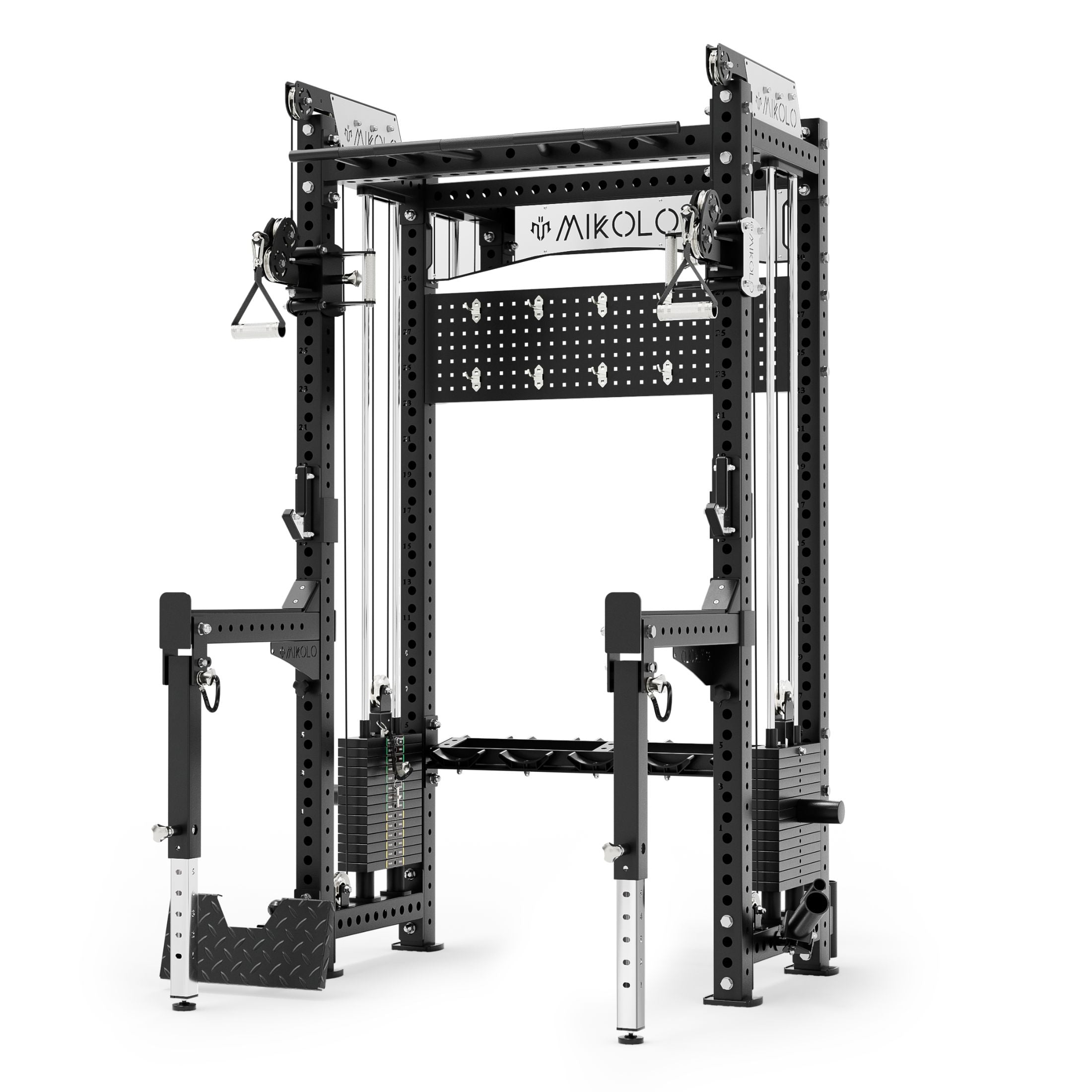
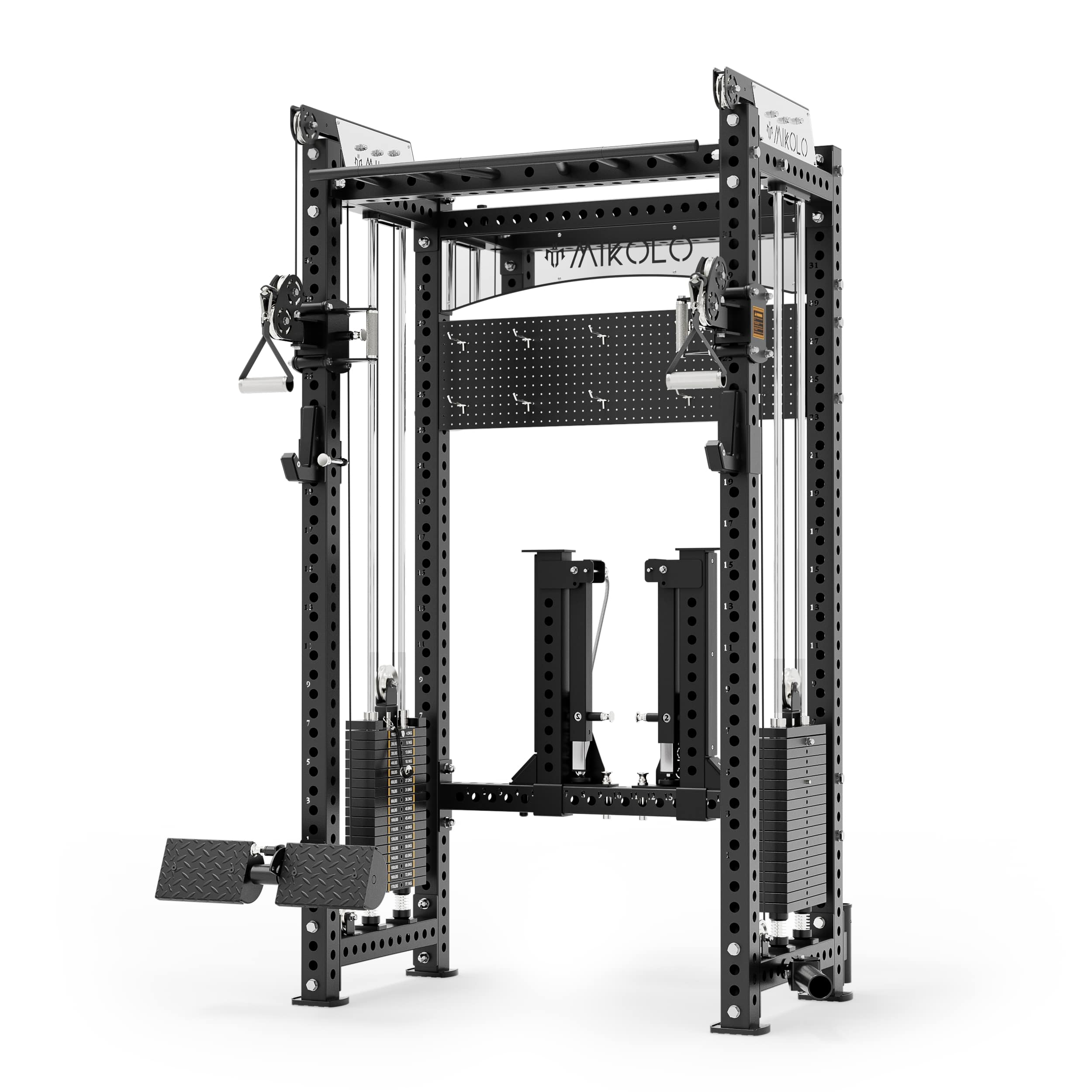
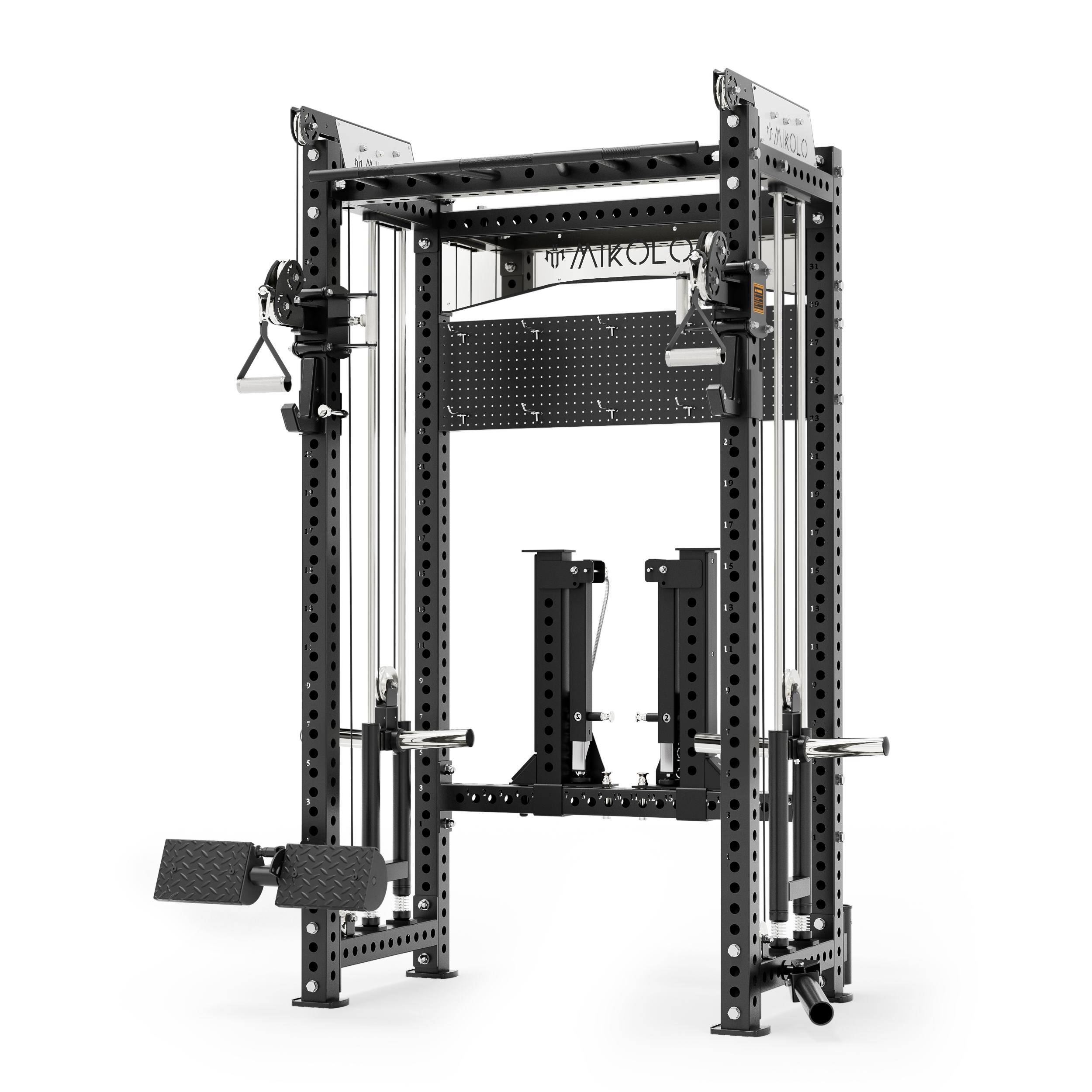


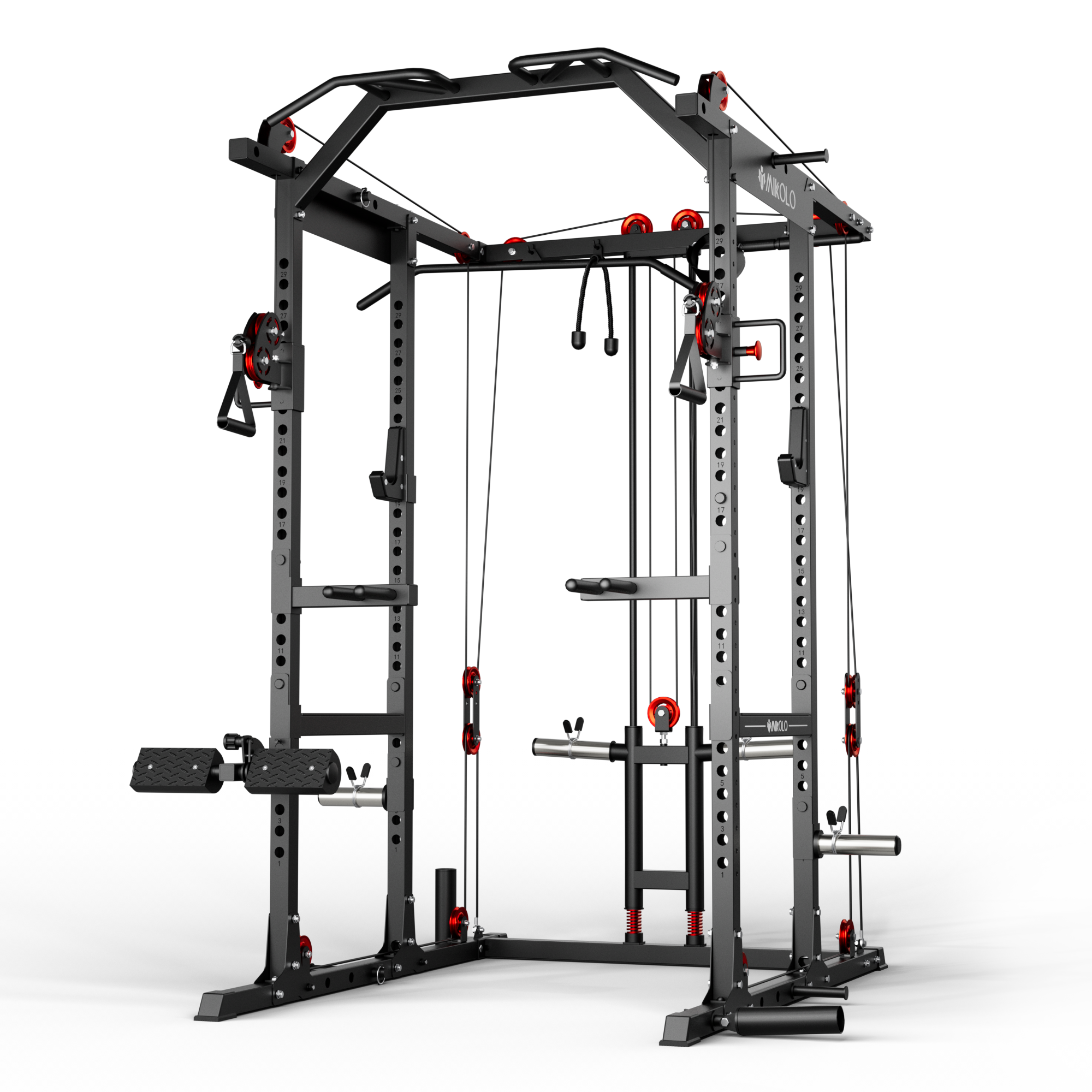





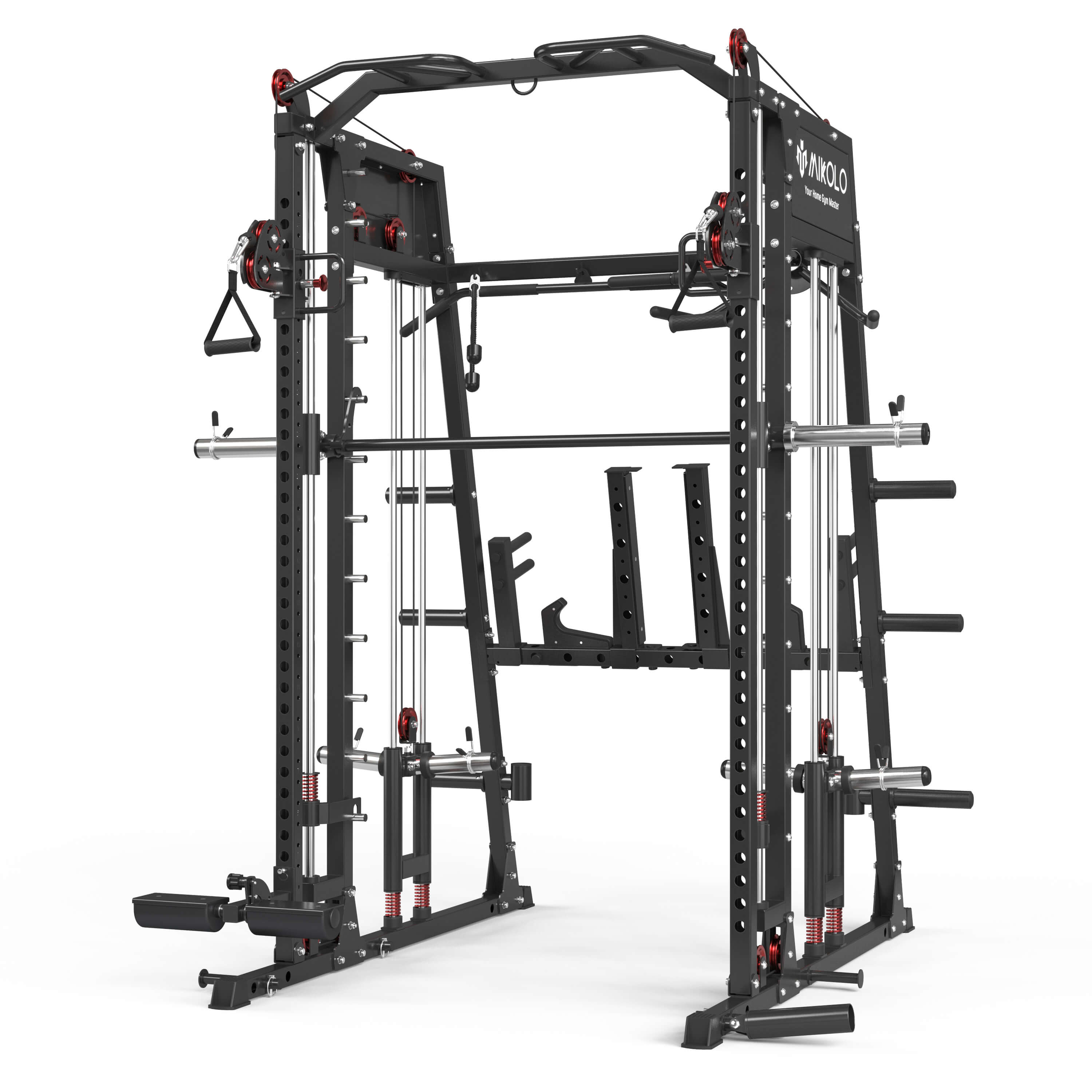
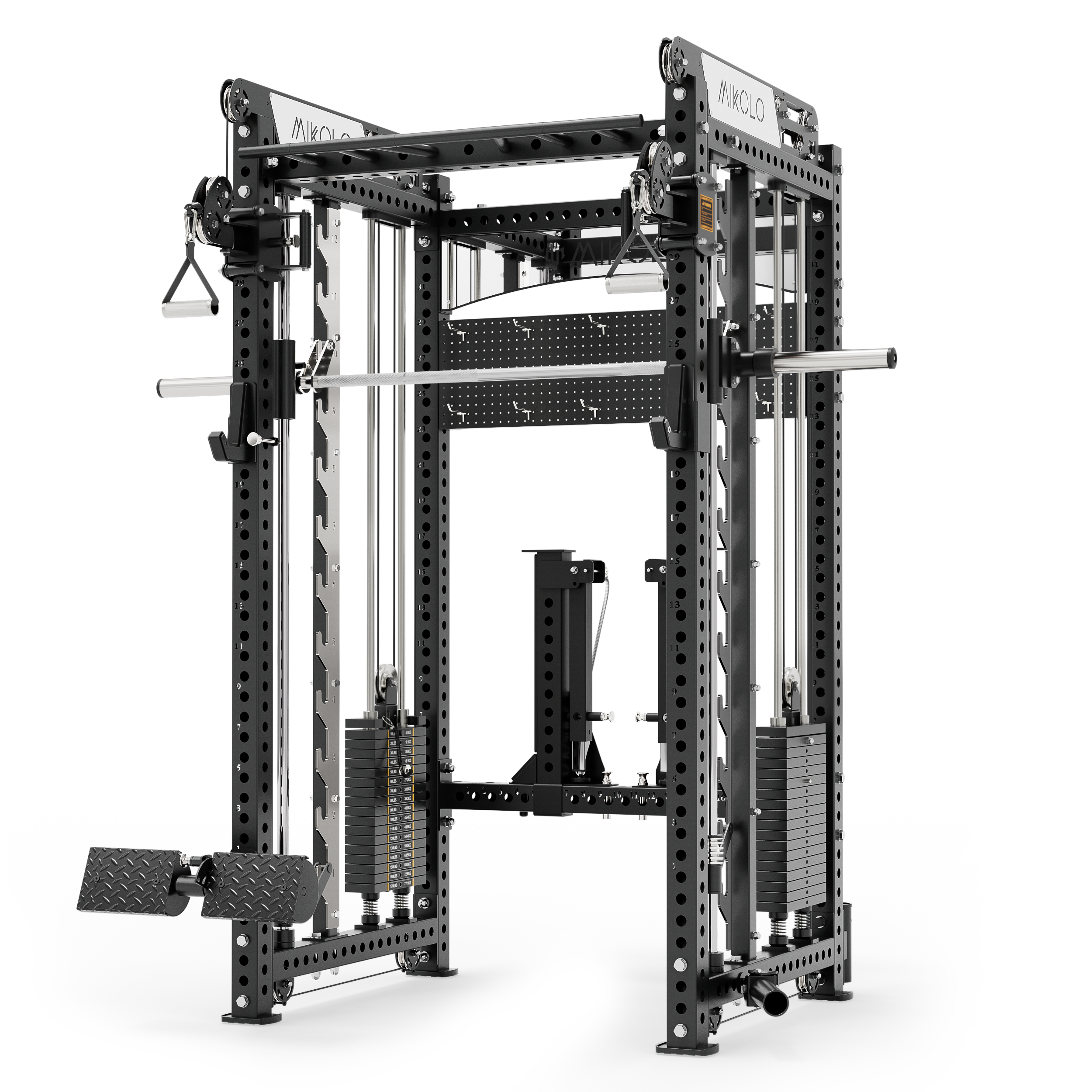
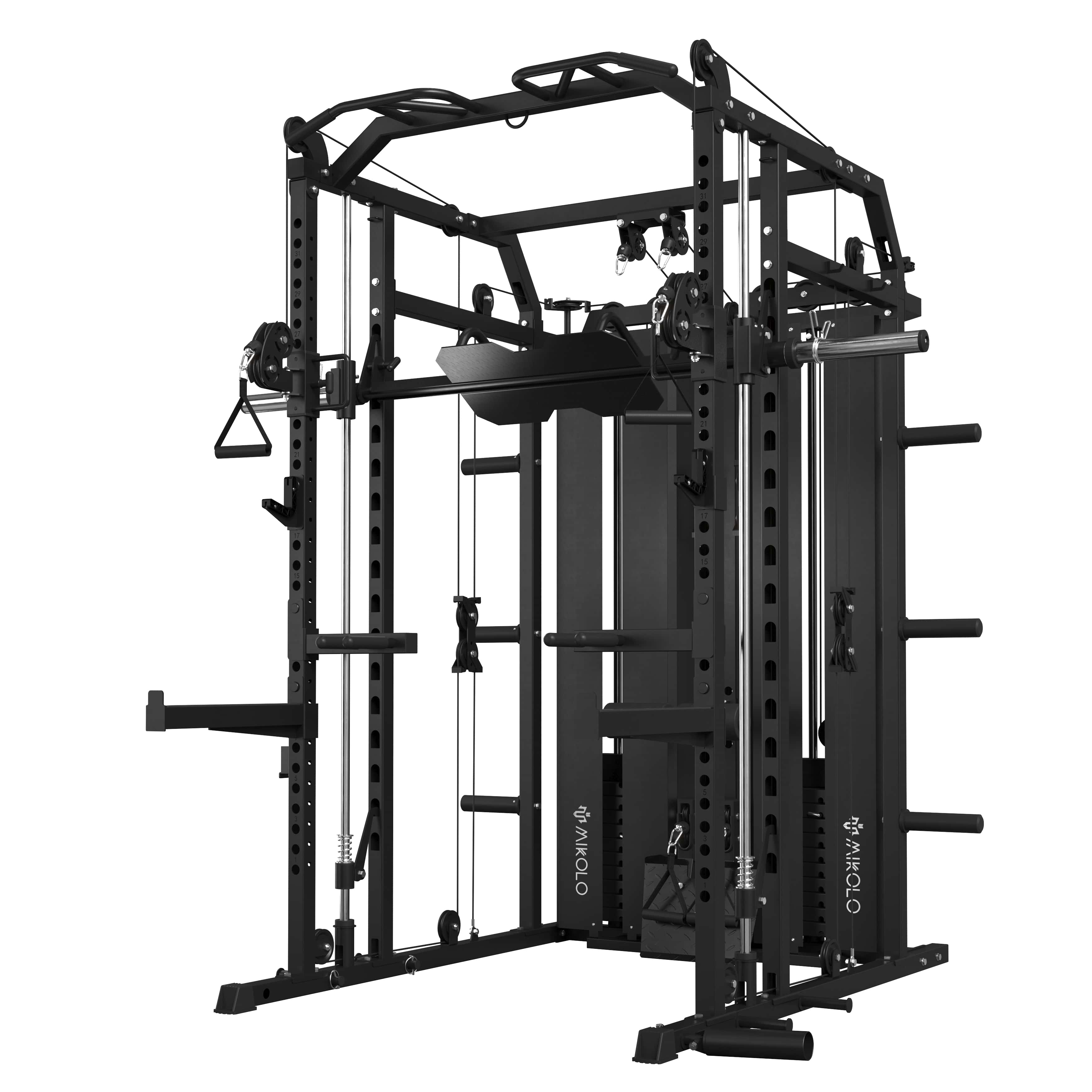
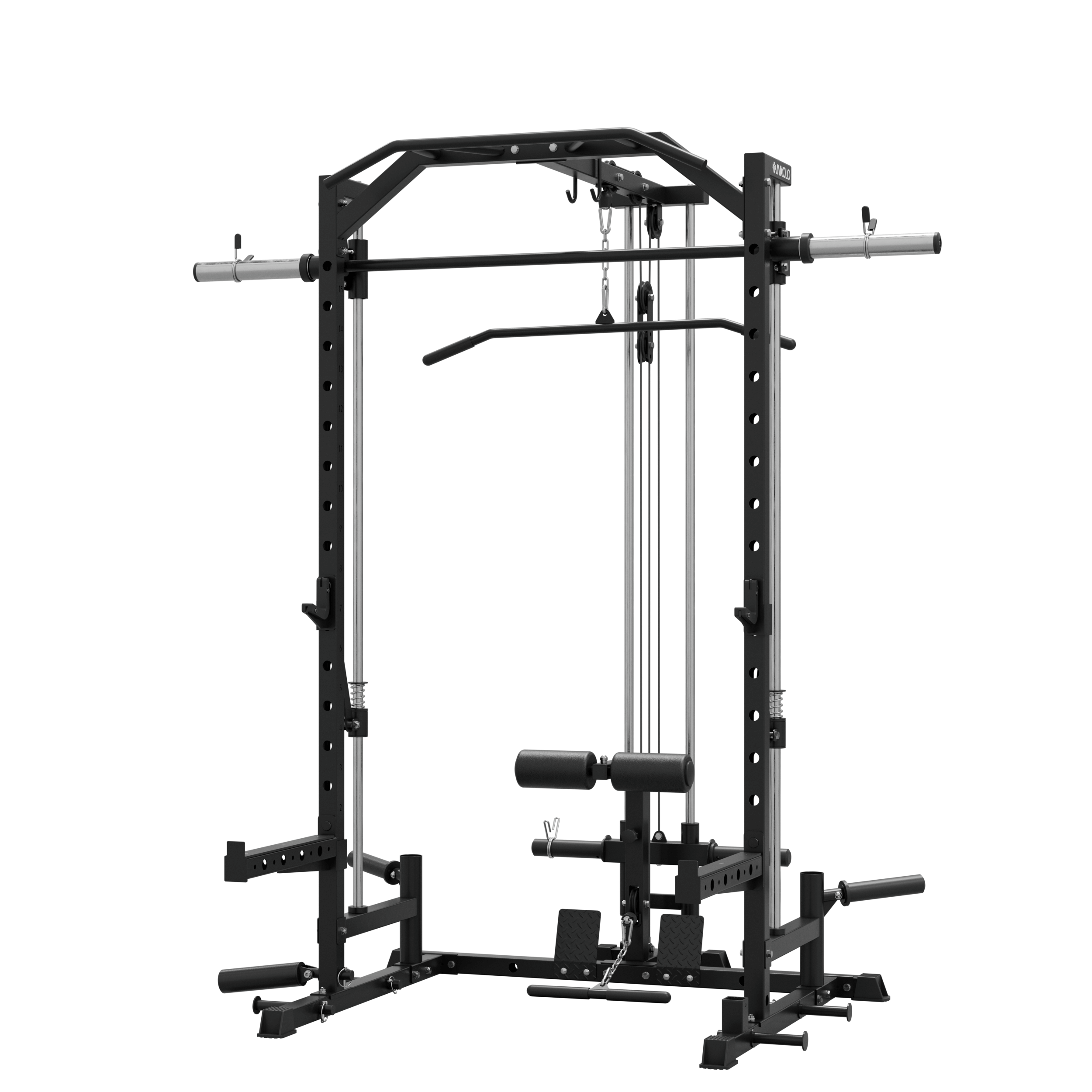
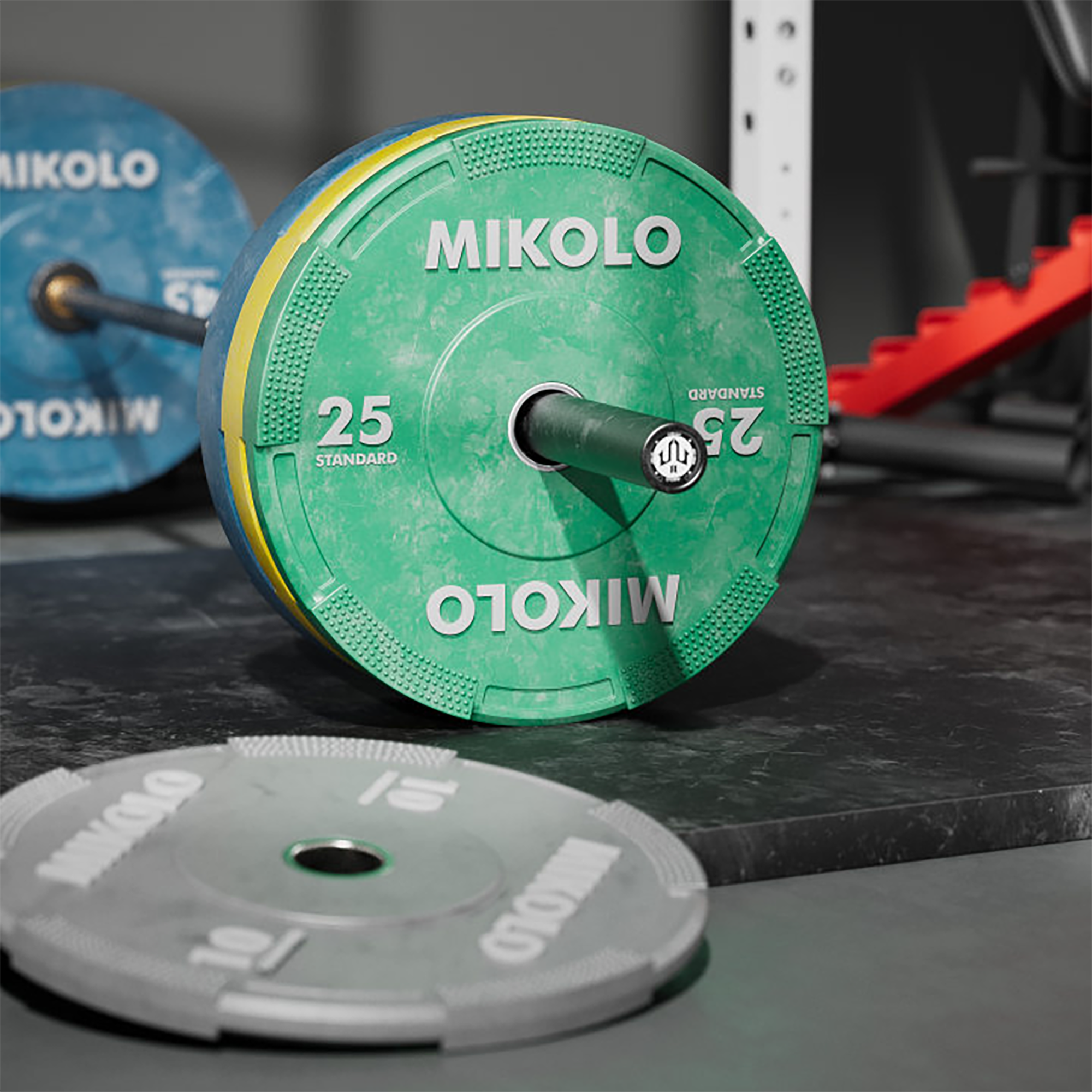





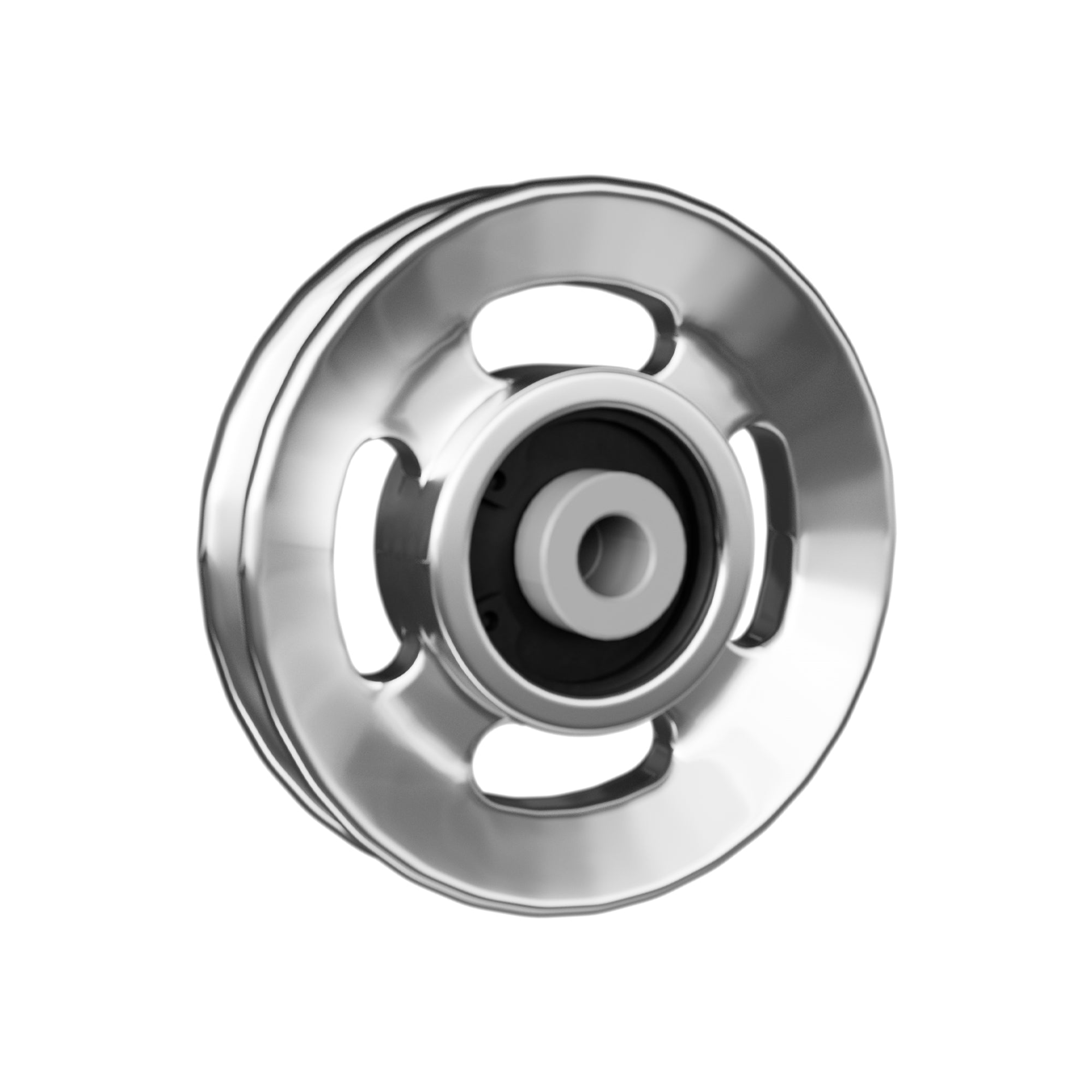
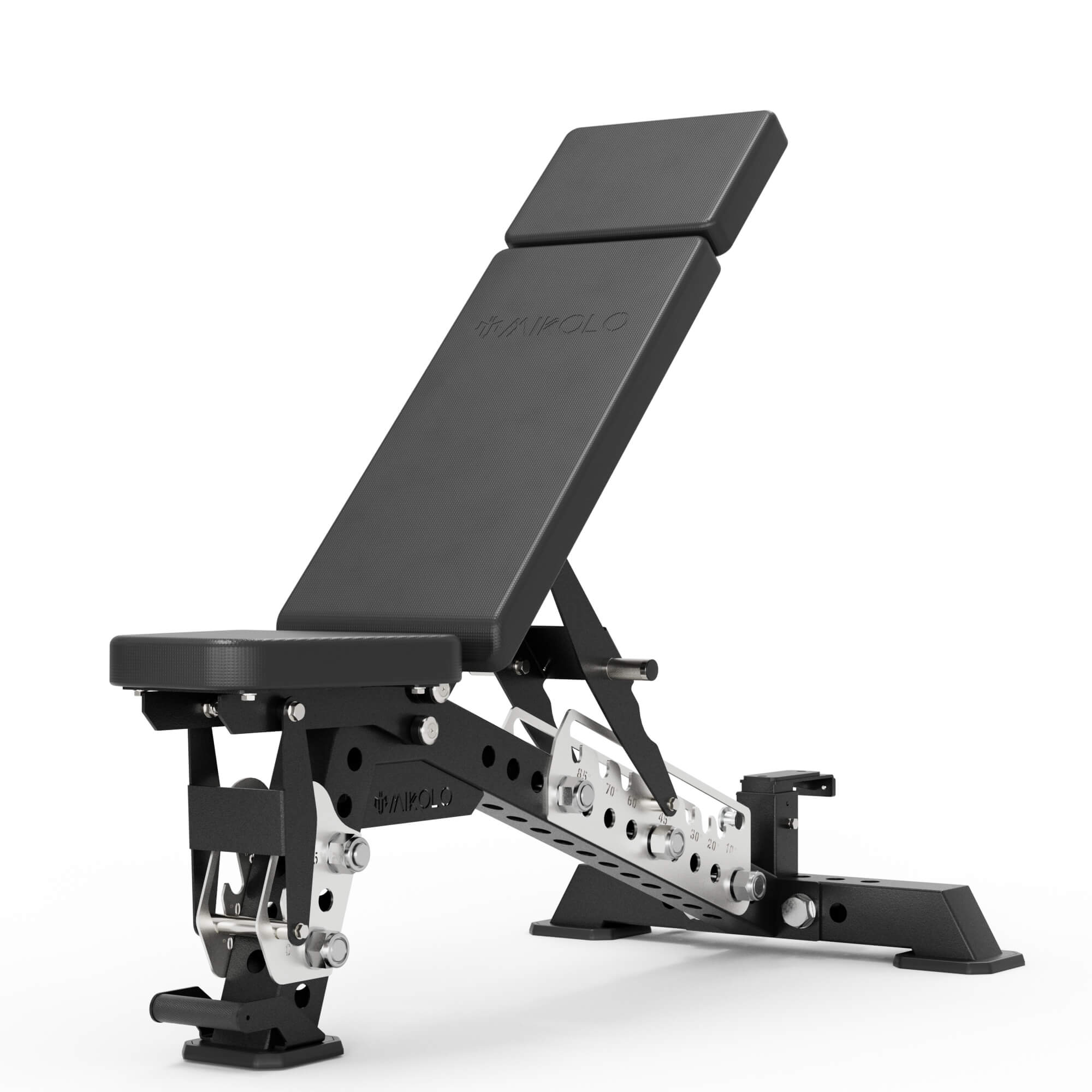










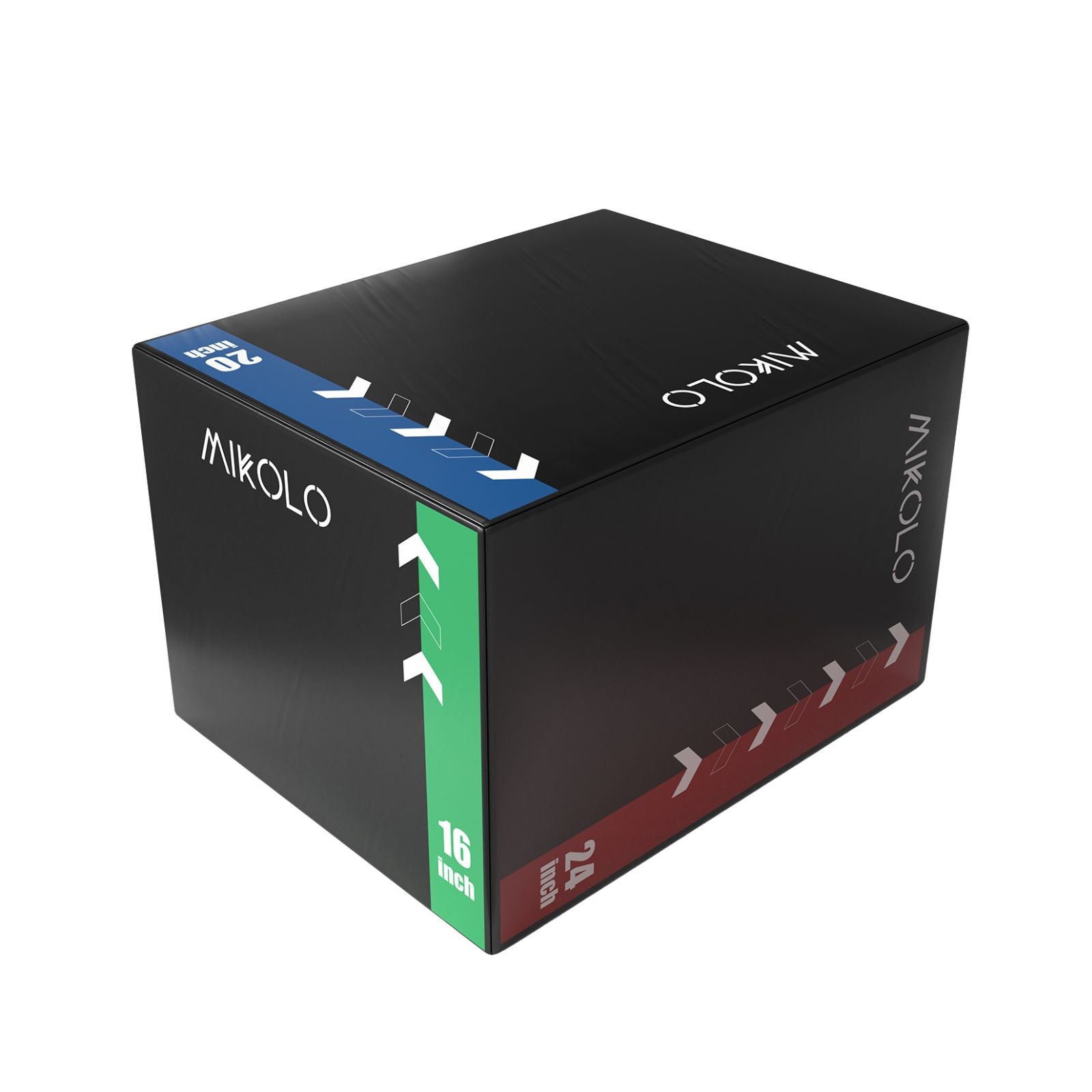






Leave a comment
This site is protected by hCaptcha and the hCaptcha Privacy Policy and Terms of Service apply.